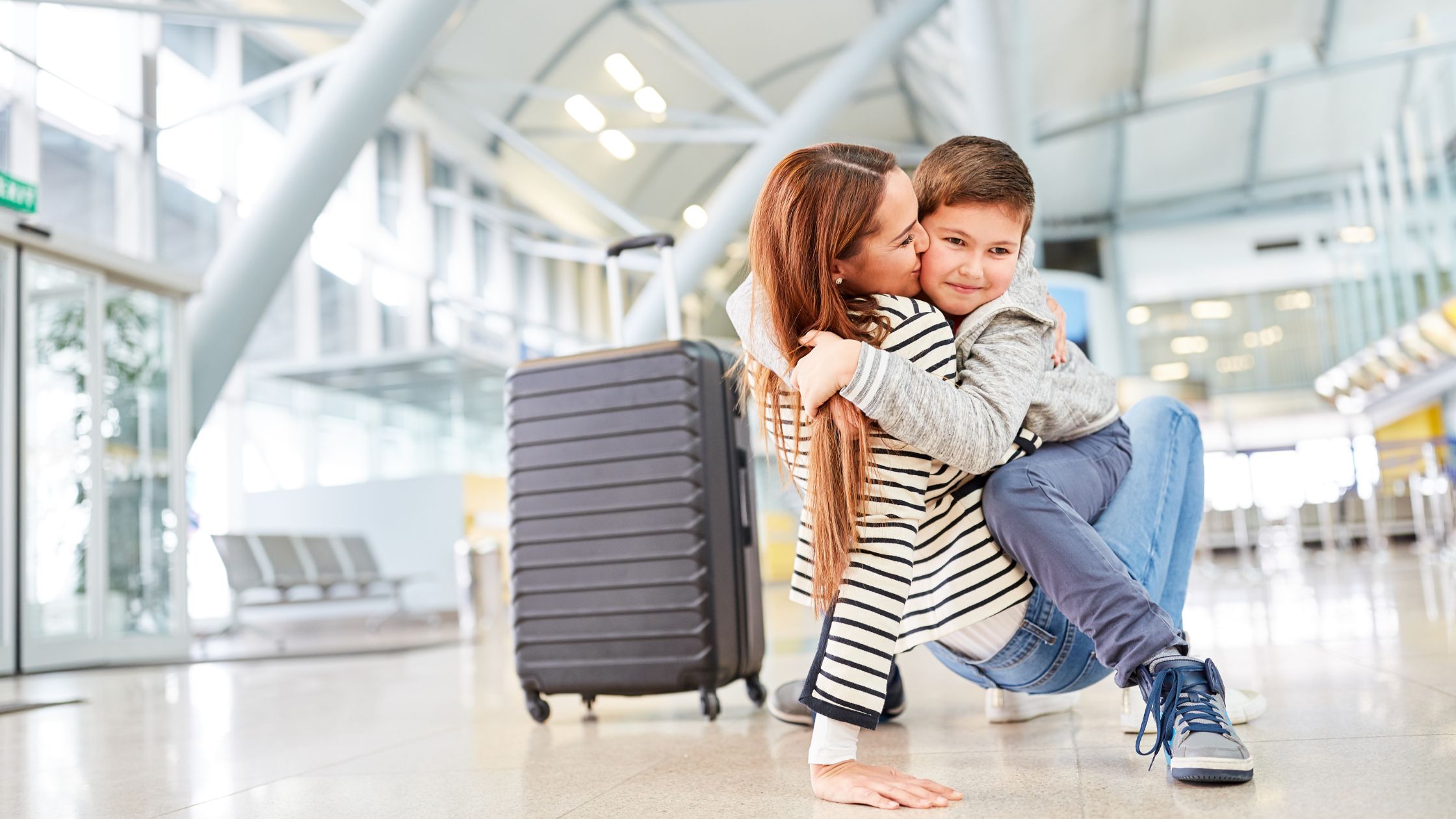Taking your child on holiday after separation or divorce can be a wonderful way to make memories. But before you pack your bags, it’s important to understand the UK legal requirements for taking a child abroad.
Failing to follow the right steps can lead to delays, disputes, and in some cases, even accusations of child abduction. The good news? With the right preparation, your trip can be smooth and stress-free.
Do I Need Permission to Take My Child Abroad After Divorce?
In the UK:
-
If there’s a Child Arrangements Order stating your child lives with you, you can usually take them abroad for up to 28 days without further permission (unless the order says otherwise).
-
In all other cases, you must have written consent from everyone with parental responsibility — usually both parents, but sometimes also guardians or certain relatives.
Even if you and your ex agree verbally, it’s safer to have written permission in case you’re asked for proof at the airport.
If your ex won’t give consent, you can apply to the court for a Specific Issue Order. The court will consider your child’s best interests, the purpose of the trip, and how it might affect their relationship with the other parent.
What Happens If I Travel Without Permission?
Travelling without the required consent or court order can have serious consequences, including accusations of child abduction.
This doesn’t mean holidays are off-limits — it just means you need to make sure you’ve followed the rules before travelling.
Documents You Should Take When Travelling With Your Child
When travelling abroad as a separated parent, carry more than just passports to avoid delays:
Essential Travel Documents for Separated Parents
-
Your child’s passport (check it’s valid for at least 3–6 months beyond your trip, depending on your destination)
-
Birth or adoption certificate (proves your relationship)
-
Written consent from the other parent (with their contact details and trip details)
-
Relevant court orders (Child Arrangements Order or Specific Issue Order)
-
Marriage or divorce certificate (if you and your child have different surnames)
Do Other Countries Have Extra Requirements?
Yes — some countries have stricter rules for children travelling with one parent.
Examples:
-
A notarised consent letter may be required.
-
Additional proof of parental responsibility may be requested if surnames don’t match.
Always check the entry requirements for your destination well in advance to avoid surprises.
Key Takeaways
-
You usually need permission from everyone with parental responsibility to take your child abroad (unless you have a Child Arrangements Order stating they live with you).
-
Carry the correct documents to prove your right to travel.
-
If you can’t get agreement, apply for a Specific Issue Order.
-
Preparation and good communication help ensure a smooth, stress-free holiday.
If you’d like more detail, you can also read my recent comments in the Express article here.
FAQs About Taking Your Child Abroad After Separation or Divorce
Can I take my child abroad without father’s consent in the UK?
If there’s no Child Arrangements Order stating the child lives with you, you need written consent from everyone with parental responsibility before taking your child abroad.
How long can I take my child abroad without permission?
If you have a Child Arrangements Order stating your child lives with you, you can usually take them abroad for up to 28 days without permission (unless the order says otherwise).
What documents should I carry when travelling with my child?
You should take your child’s passport, birth certificate, written consent from the other parent, any relevant court orders, and your marriage or divorce certificate if you have different surnames.
What happens if the other parent refuses permission?
You can apply to the court for a Specific Issue Order. The court will decide based on your child’s best interests, the reason for travel, and how it affects their relationship with the other parent.
Do I need to check the entry requirements for the country I’m visiting?
Yes, some countries require additional documentation, such as notarised consent letters or extra proof of parental responsibility. Check the rules before you travel.

